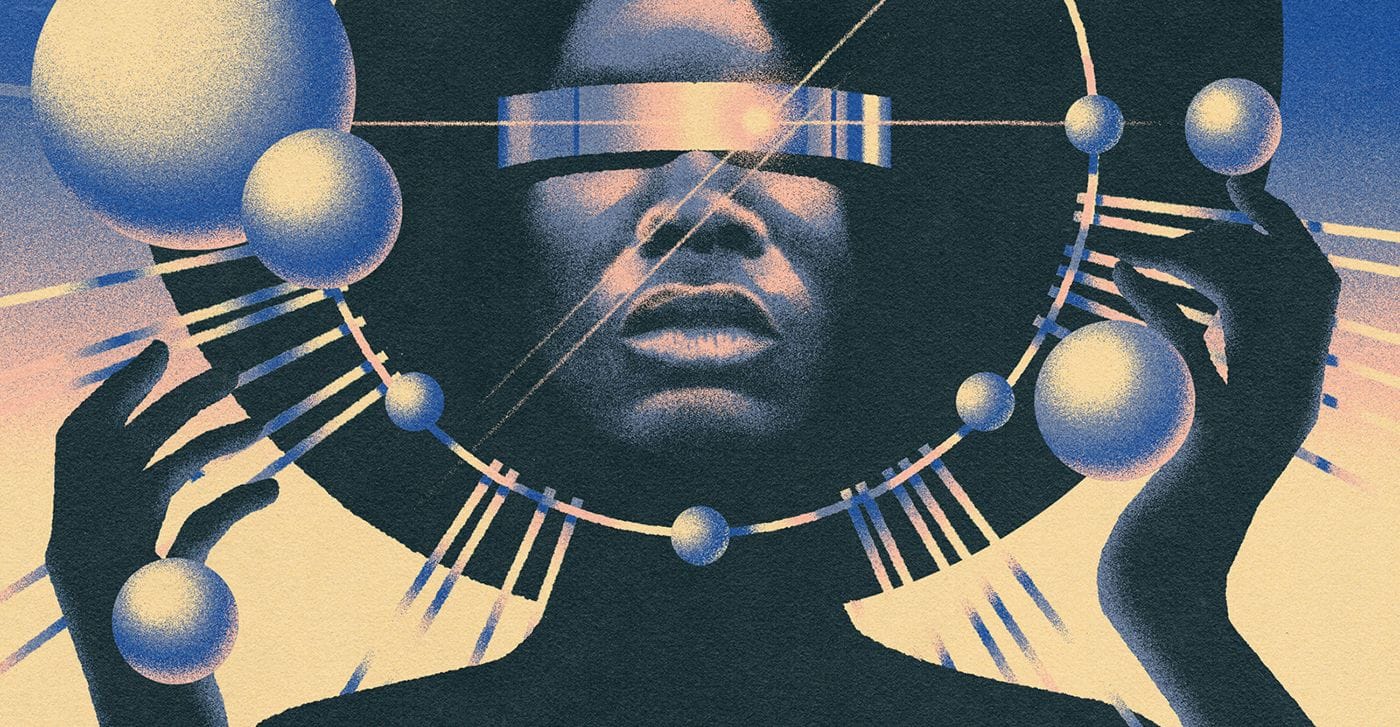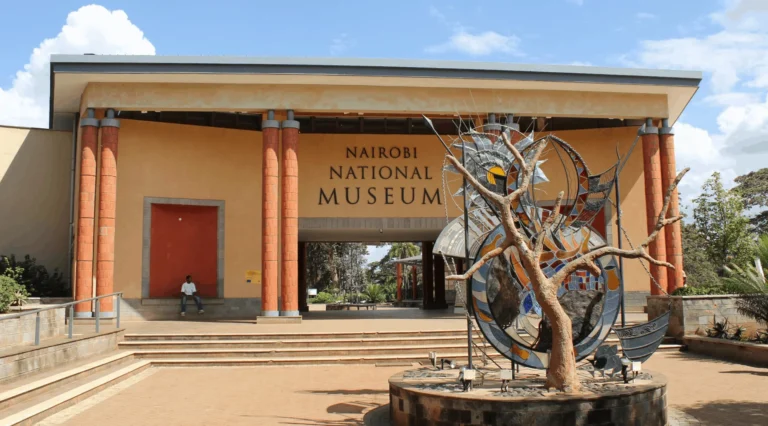Summary: Emerging as a radical act of cultural resistance, Afrofuturism fuses sci-fi, ancestral traditions, and liberation politics to empower the African diaspora, challenging historical erasure and designing emancipated futures.
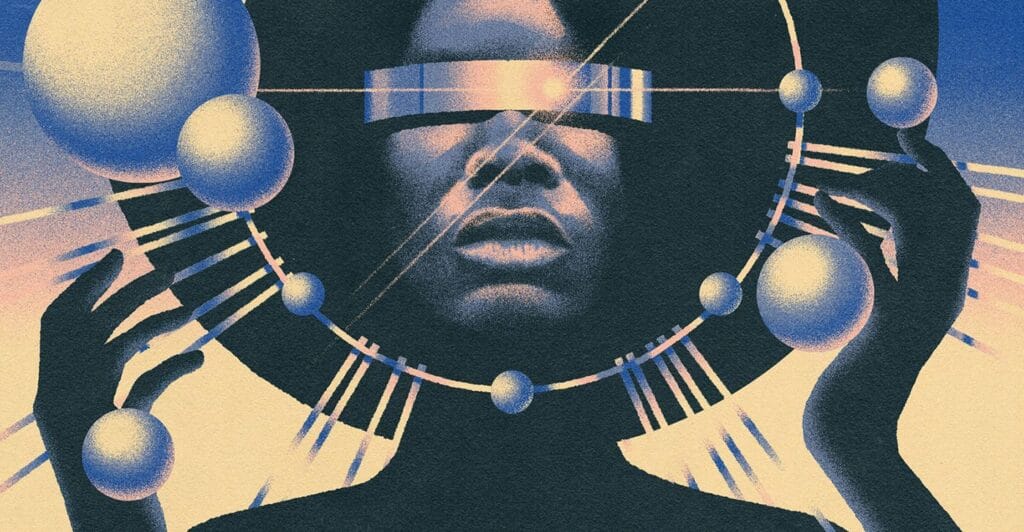
Decolonial Genesis
Born from systemic oppression, Afrofuturism transcends mere aesthetics – it’s a philosophical rebellion against racialized marginalization. By reimagining past, present, and future through Black lenses, it transforms trauma into cosmic agency.
Pillars of Liberation
This movement dismantles Eurocentric futurism through three axes: Reclaiming stolen histories, Reimagining identities beyond colonial constraints, and Rebuilding worlds where Black communities thrive as architects of their destinies.
Sonic Revolutionaries
Jazz pioneer Sun Ra (1914-1993) ignited Afrofuturist music, claiming extraterrestrial origins while blending Egyptian cosmology with electronic innovation. His Arkestra’s performances became rituals of racial transcendence, directly inspiring George Clinton’s P-Funk universe.
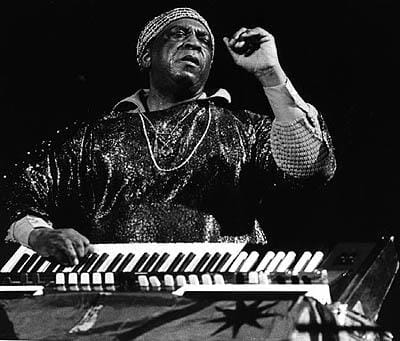
Contemporary Soundscapes
Janelle Monáe’s android alter ego (“ArchAndroid”) and Tems’ ethereal sonic landscapes merge Yoruba spirituality with AI narratives. Spotify reports a 320% surge in Afrofuturist playlists since 2020, signaling mainstream resonance.
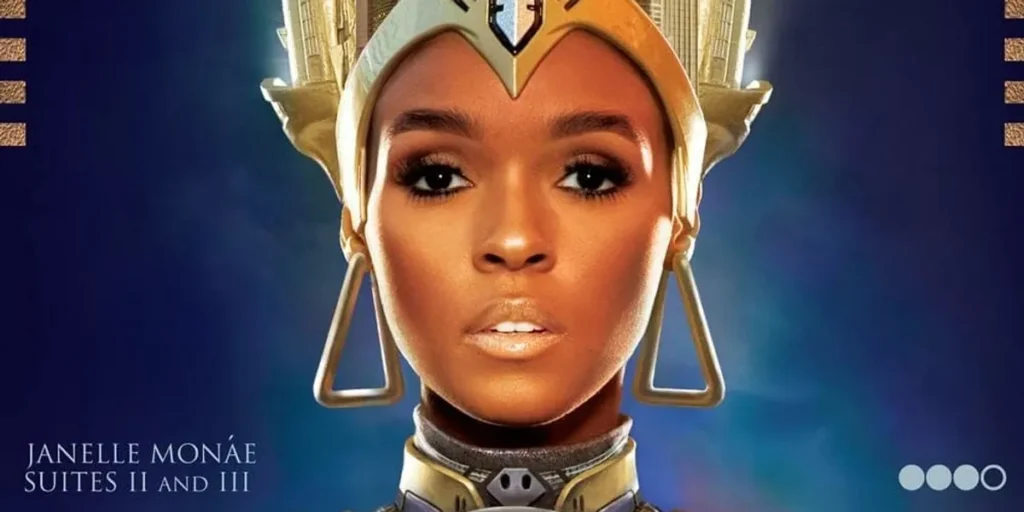
Visual Sovereignty
Artists like Wangechi Mutu collage cyborg goddesses from Kenyan textiles, while Harmonia Rosales replaces Renaissance iconography with Orishas (Yemayá, Oshún). Their works command $1M+ at auctions, challenging art-world gatekeeping.
Literary Oracles
Octavia Butler’s dystopian sagas (“Parable of the Sower”) pioneered “fugitive futurism,” exploring climate apartheid and neurodiversity. Nigeria’s Nnedi Okorafor now dominates the genre, weaving Igbo cosmology into Hugo-winning sci-fi.
Cinematic Wakanda Effect
“Black Panther” (2018) generated $1.3B globally, proving Afrofuturism’s commercial power. Yet indie films like “They Cloned Tyrone” critique gentrification and medical apartheid through surrealist storytelling.
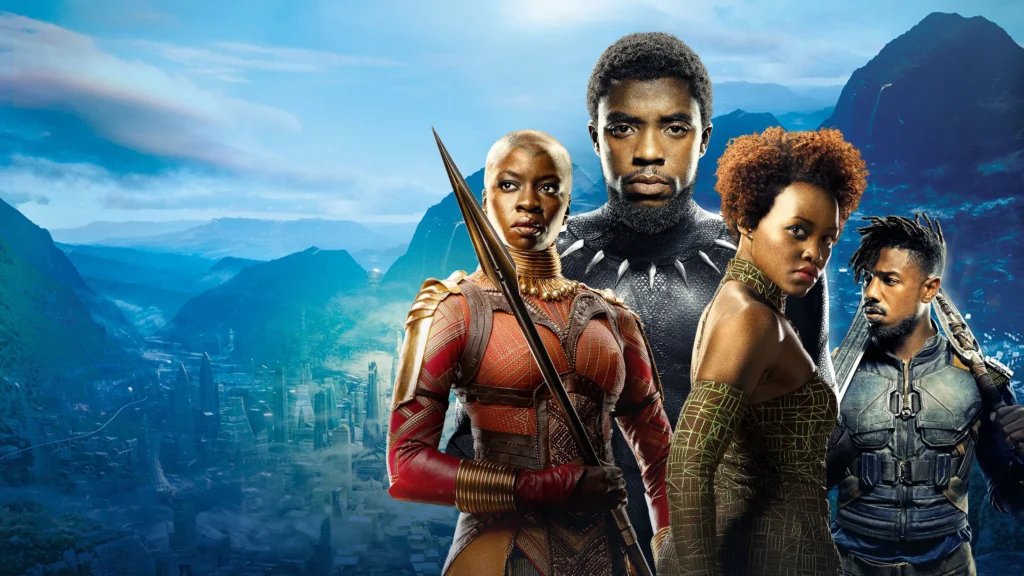
Diasporic Dialogues
From Bahia to Brooklyn, Afrofuturist collectives use VR to recreate pre-colonial Benin City or simulate Mars colonies led by Maasai engineers. These digital pilgrimages forge pan-African unity across 40+ nations.
Contested Terrain
Debates flare: Can capitalism co-opt Afrofuturism? When Disney trademarks “Wakanda,” artists counter with open-source platforms like “Afrocybernetics.com,” protecting communal IP.
Academic Arsenal
Universities from Cape Town to Howard now offer Afrofuturist studies. Dr. Ytasha Womack’s research proves its psychological impact: 79% of Black youth engage more with STEM after exposure to the genre.
Legacy in Motion
Beyond art, Afrofuturism fuels real-world justice: Ghana’s “Year of Return” leveraged its motifs to recruit diasporic investment. As climate crises escalate, its vision of tech-ancestral harmony offers radical blueprints for human survival.


